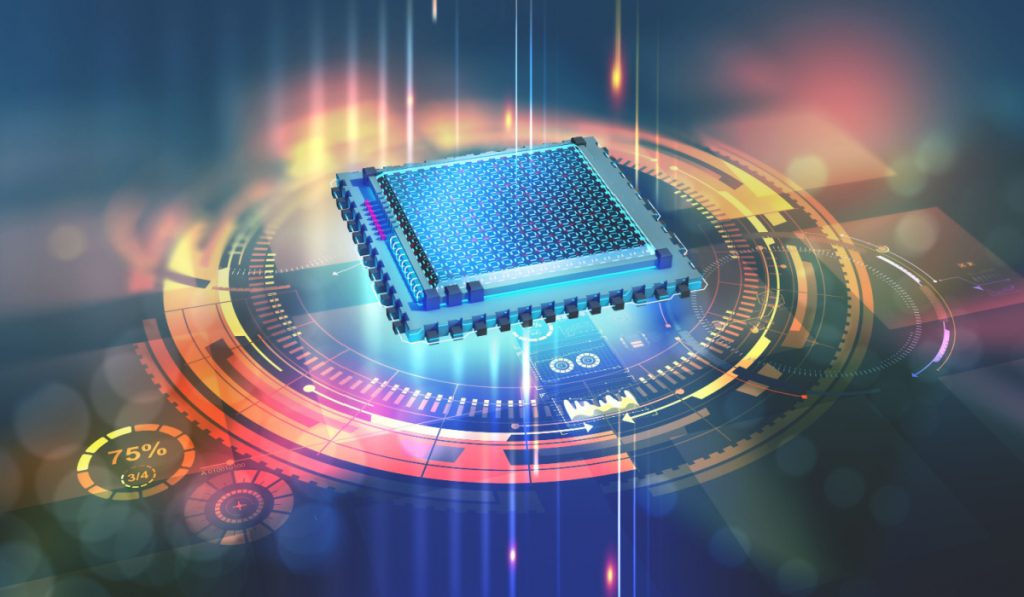Highlights:
- Google and IBM are both working on developing quantum computing chips. The businesses will support research that might simplify the commercialization of the technology by supporting quantum computing initiatives at universities.
- Superconducting quantum computing is the processing method used in the chips produced by both companies. Qubits made of superconducting materials are used in chips built using that methodology to perform calculations.
Google LLC and IBM Corp. have committed USD 150 million to aid the quantum computing research efforts at two universities.
According to the recent Wall Street Journal, the University of Chicago and the University of Tokyo are the recipients. Researchers will have access to Google’s quantum computing hardware and financial resources, additionally with financial resources.
Current quantum computers can only perform simple calculations. Even the fastest conventional supercomputers in the world are thought to be unable to handle extremely complex processing tasks, which can be tackled by future machines with more qubits. The technology is anticipated to lead to new logistics and materials science discoveries.
Google and IBM are both working on developing quantum computing chips. The businesses will support research that might simplify the commercialization of the technology by supporting quantum computing initiatives at universities.
The Journal reports that IBM will give USD 100 million to research initiatives at the Universities of Chicago and Tokyo. Google is also making a USD 50 million contribution. The dominant search engine also plans to make its quantum computing equipment available to researchers.
Google has made several of its internally developed quantum chips publicly available. In 2018, it unveiled the Sycamore 53-qubit chip. Google claims that Sycamore has proven it can outperform a 200-petaflop supercomputer at a calculation involving random numbers.
IBM has also created several quantum chips. Its most recent processor, the 433-qubit Osprey, was introduced in November last year. Google is pursuing the same objective as IBM, which intends to create chips with significantly more qubits.
Superconducting quantum computing is the processing method used in the chips produced by both companies. Qubits made of superconducting materials are used in chips built using that methodology to perform calculations.
These materials facilitate electricity transmission within a chip without generating heat, simplifying processor design. Quantum processors exhibit high error susceptibility, with even minor temperature fluctuations capable of inducing malfunctions. The reliability of calculations can be enhanced by decreasing heat through the utilization of superconducting qubits.
Given their focus in this field, IBM and Google’s recently announced USD 150 million research initiative might prioritize the area of superconducting quantum chips. The emergence of topological quantum computing is expected to become a significant area of focus. Both companies have recently leveraged this emerging methodology for constructing qubits.
To perform calculations, topological quantum computing uses quasiparticles known as non-Abelian anyons. A quasiparticle is a type of physical phenomenon that resembles particles like atoms and electrons but is not one of them. Topological quantum chips may be less prone to calculation errors than the current hardware.
Google revealed earlier this month that its investigation into non-Abelian anyons has accomplished a significant feat. Earlier, IBM researchers wrote several papers on the subject.
According to the Journal, the companies’ new USD 150 million initiative aims to advance research while teaching a new generation of quantum specialists. The businesses want to train physicists and researchers in related fields where quantum chips might one day aid in discoveries.














